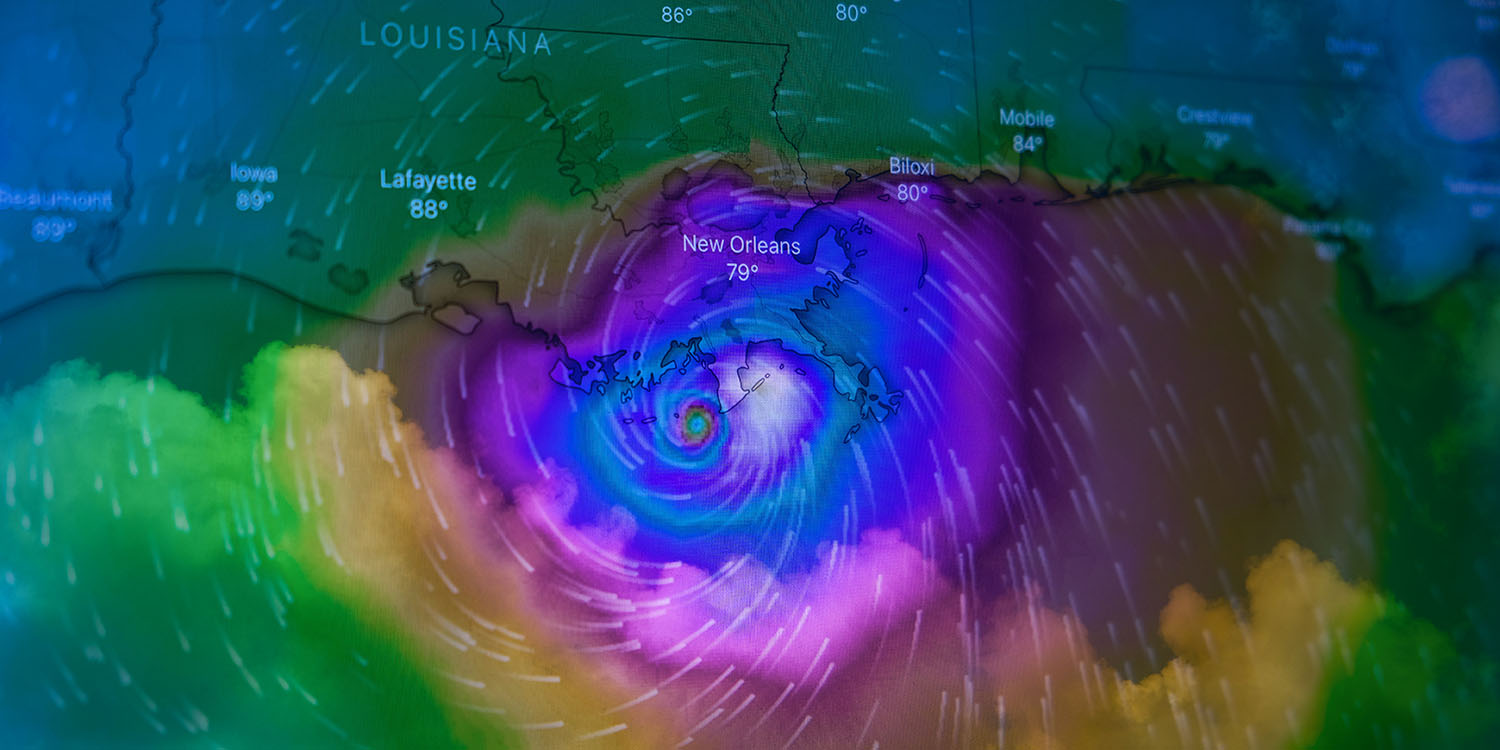
Twitter emergency alerts were one of the casualties of the company starting to charge for the API access that allows automatic tweeting. Many public services and transport companies were facing unaffordable bills to continue to use the service.
Twitter has now announced a partial U-turn on this, though details remain unclear …
Twitter emergency alerts
Twitter has long offered an API (application programming interface) that allows companies, nonprofits, and government agencies to connect their alert systems to the social network. This means that an organization can create a single alert that is then automatically sent to apps, text message subscribers, and Twitter users.
Emergency alerts cover everything from extreme weather, through natural disasters to major incidents like building fires.
Other public bodies and transport companies use the API to provide information on disruption to services, station closures, and similar.
Charging for API access
Twitter announced last month that it would begin charging for API access, though a free tier would remain for limited usage.
While some organizations were able to keep their tweets within the free allowance, others were unable to do so. This includes those who interface their customer support systems to Twitter, to enable the public to tweet questions and get replies. The Verge reports that some agencies – likely the ones who do this – potentially faced bills of $42,000 per month.
Additionally, Twitter unilaterally suspended some accounts who were using the API, such as the National Weather Service. A number of transport companies also found they suffered intermittent access to the API, including the Metropolitan Transportation Authority (MTA) and Bay Area Rapid Transit (BART).
Twitter announces U-turn for some users
The Twitter developers’ account yesterday tweeted a partial U-turn on this policy, with some organizations retaining free access.
One of the most important use cases for the Twitter API has always been public utility. Verified gov or publicly owned services who tweet weather alerts, transport updates and emergency notifications may use the API, for these critical purposes, for free.
CNN reporter Brian Fung was quick to point to the vagueness of the statement:
The Verge also observed that another interpretation would be that the organization itself might require verification, which costs $1,000/month.
Exactly what the company means by “verified” is unclear. Does it only apply if the agency has enabled a new “verified” account, and do they have to pay to get checkmarks on any sub accounts that may require API access?
Musk threatens to withdraw NPR’s Twitter handle
Top comment by Ian Grant
"Musk did not answer when asked whether he planned to change the platform's definition of inactivity and he declined to say what prompted his new questions about NPR's lack of participation on Twitter."
At this point, it should be pretty clear that whatever St Elmo says, he's as likely to change his mind by the end of the sentence as not.
In unrelated Twitter news, Elon Musk has threatened to withdraw the Twitter handle of independent nonprofit media organization NPR (National Public Radio).
NPR stopped tweeting after Musk labeled its account “State-funded media” – an inaccurate label that put it into the same category as “news” agencies controlled by the Chinese Communist Party. PBS, the Canadian Broadcasting Corporation, and others took the same action.
Musk has now emailed an NPR reporter, threatening to take away their @NPR handle unless they resume tweeting.
In an unprompted Tuesday email, Musk wrote: “So is NPR going to start posting on Twitter again, or should we reassign @NPR to another company?” […]
In a series of emails sent to this reporter, Musk said he would transfer the network’s main account on Twitter, under the @NPR handle, to another organization or person. The idea shocked even longtime observers of Musk’s spur-of-the-moment and erratic leadership style.
Handing over established accounts to third parties poses a serious risk of impersonation and could imperil a company’s reputation, said social media experts.
Photo: Brian McGowan/Unsplash
FTC: We use income earning auto affiliate links. More.





Comments